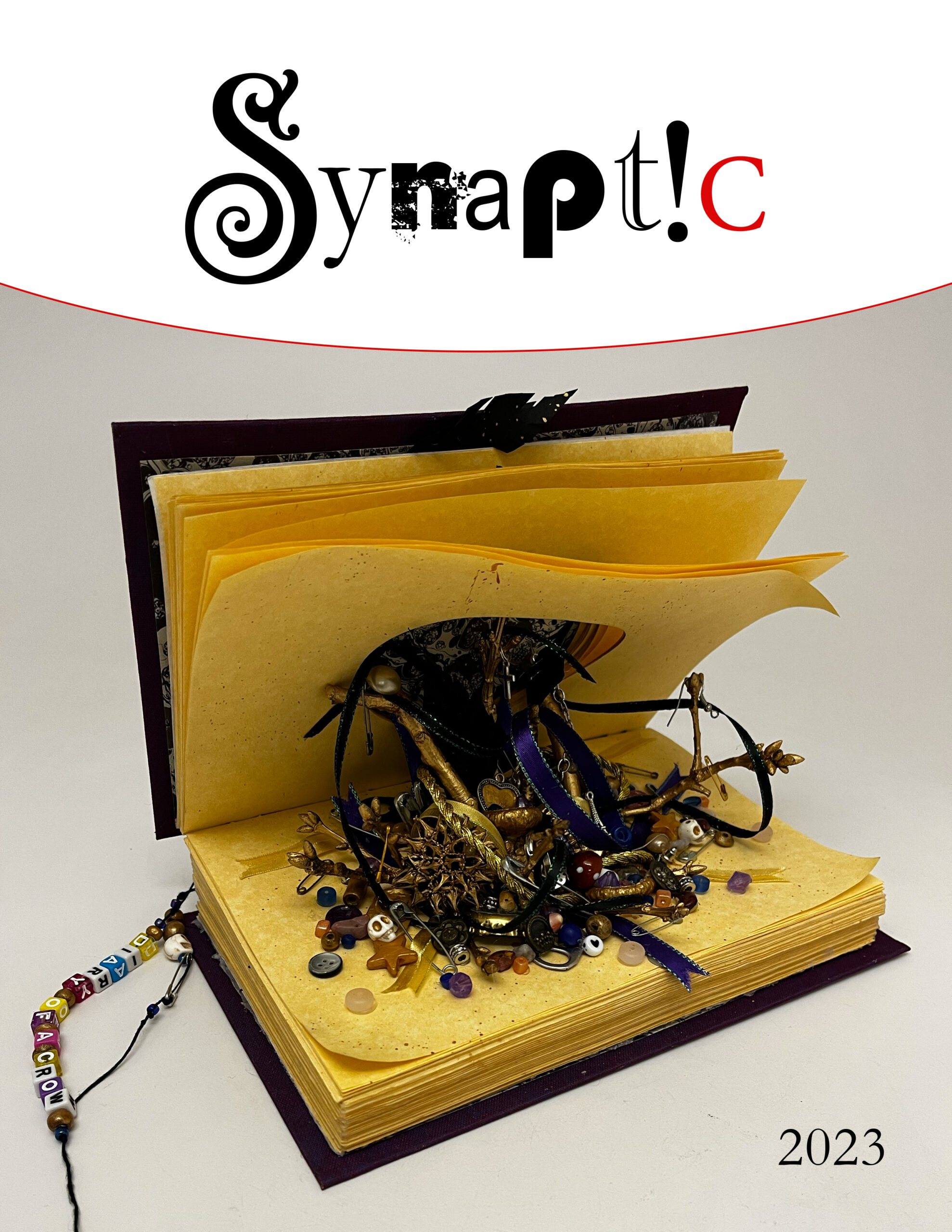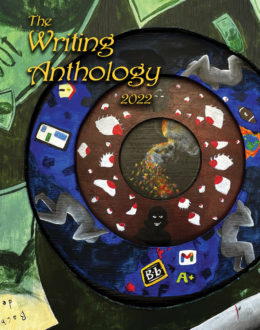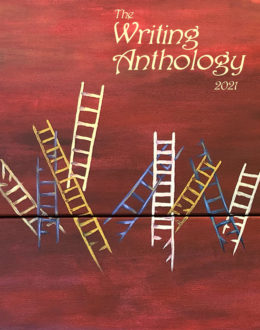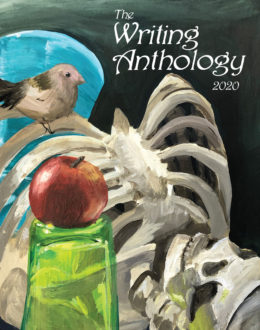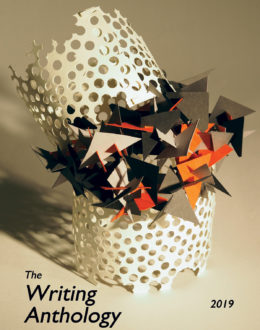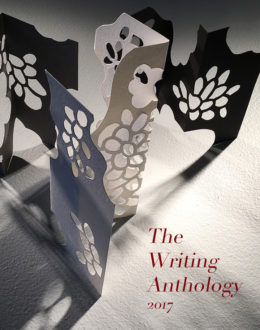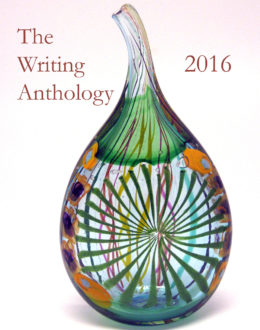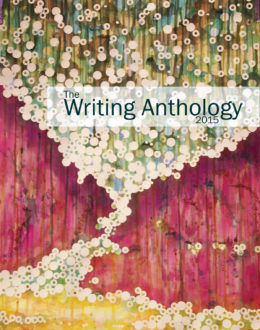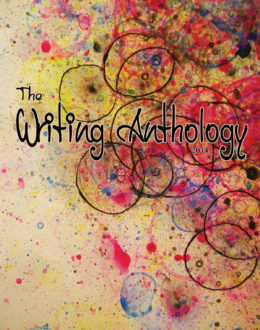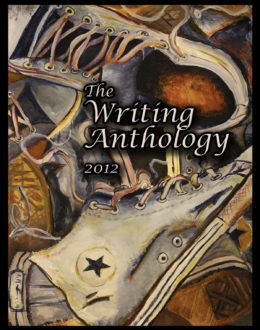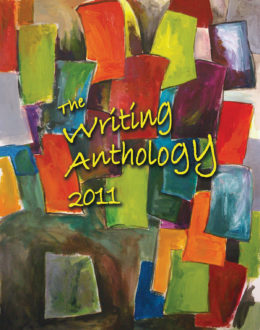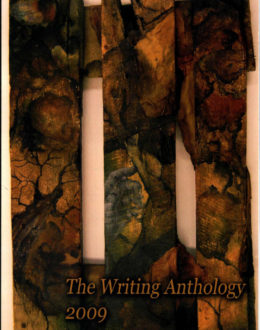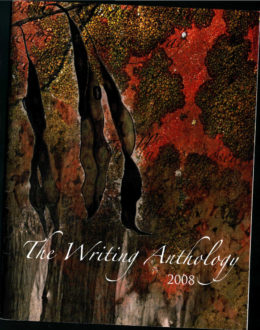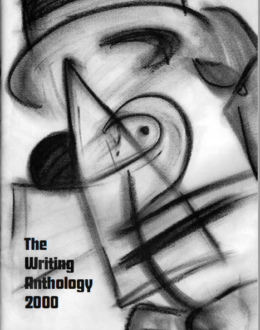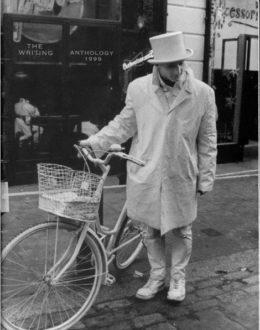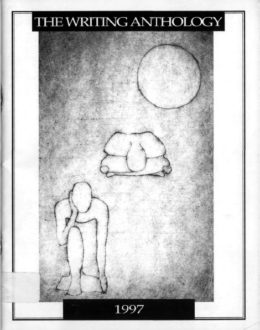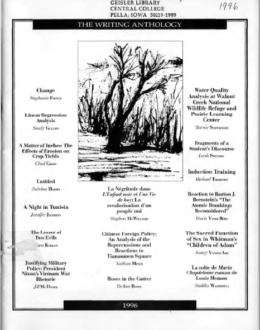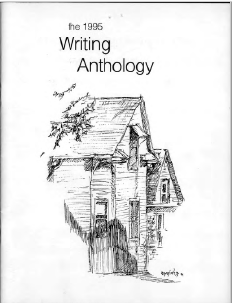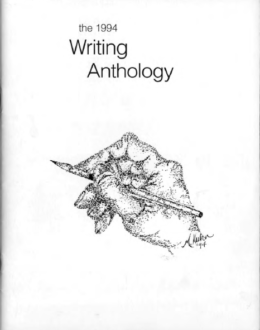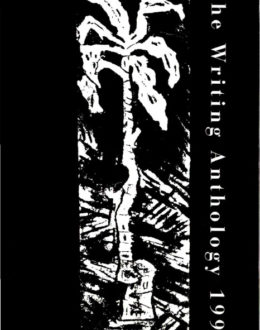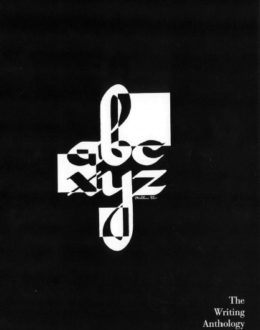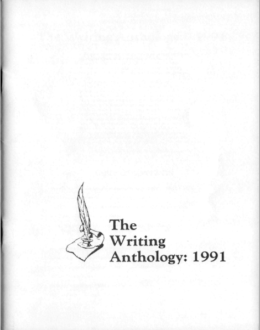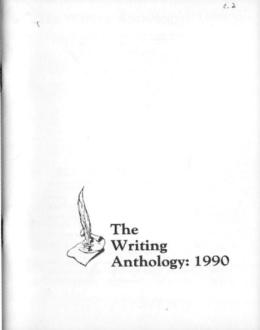Past Issues
2023
The standard definition of a synapse involves neuroscientific knowledge, microscopic details about the inner workings of a human brain. Beyond biology, synapses fundamentally pertain to connection, to junctures and boundaries and bridges between ideas. As Synaptic marks the integration of the Arts and English departments to form a more cohesive publication, we are proud to feature works that honor academic and creative relationships.
2022
While the broader universe may be indifferent to our opinions, we always remain capable of caring deeply about our fellow mortal beings. This issue in particular contains student works that illuminate a wide variety of healing perspectives.
2021
This past year has felt much like an inferno, all of us caught in the flames of rapid, life-altering shifts to our routine. Although sudden and devastating, such destruction brings the invaluable opportunity to start over again. That’s why we are especially proud to present this anthology as the student works within it contain the very essence of positive change.
2020
The pieces chosen for this year’s anthology can change our perspective and shed light on uncomfortable topics, causing us to reevaluate our thoughts and beliefs. Now more than ever there seems to be an enthusiasm to learn something new, and a longing to explore new ways of conducting established practices. This year’s works put forth new ideas, and work to examine difference from multiple angles.
2019
The pieces in this year’s anthology are dedicated to exploring unique contexts of well-known topics, such as the Vietnam War, the pop culture phenomenon Game of Thrones, and one of the Midwest’s most celebrated writers–Willa Cather.
2018
The authors featured in this year’s anthology succeed in communicating their identities along with their original ideas, and we hope that in reading you are reminded of the authentic, human side of academic writing.
2017
Creation and innovation are presented in the pieces you are about to read as valid, significant responses to destruction and decay. This anthology encompasses the cycle of life.
2016
Ideas have power. Each of the following essays was written with a unique goal to transform perspective. Through examining relevant questions and proposing solutions, the authors contribute to a broader global discourse.
2015
As readers advance through the anthology, there is a natural movement within the order of the pieces from past to present to future. The beginning of the anthology grapples with issues of the past and gradually shifts to how the past continues to influence our present. Next, the anthology’s focus turns toward current events and ideas and concludes by looking to the future.
2014
We can learn valuable lessons from each author regarding how we as humans are altered by our external, natural, and internal environment. We hope you find the progression of this year’s edition meaningful while reading these exemplary pieces.
2012
The first six essays are centered around the lives of others. The next two essays serve as a transition into the final group as both of these explore individual viewpoints on international conflicts and reflect how a nation can be affected as a whole. The final five essays further demonstrate how a global and historical consciousness can assist us in solving critical issues in the world today.
2011
The first four essays are part of a section centered on social consciousness. From there, the next three essays involve an aspect of team or community building. The last five essays in the anthology are about personal choice, either in the lives of our authors or in regards to characters in literary works.
2009
After receiving seventy examples of student work from a variety of disciplines and genres, we were able to narrow the selections to what you see included in this anthology.
2008
Welcome to the 2008 Issue!
2000
We received nearly 50 excellent papers, and from these submissions we selected 15. We would like to extend a sincere congratulations to all those chosen to be part of this year’ s Anthology–your papers have not only competed in a strong pool but have also passed our difficult standards.
1999
Accordingly this publication runs the creative gamut by including such items as personal travel experiences, in-depth research papers, imaginative personal papers, and even an irrepressible Puck.
1997
Every year we are pleased with the diversity of papers submitted and elected for publication, and every year the group is distinct from the previous years’ papers. This year is no different. We read over forty submissions while deciding on this year’s Writing Anthology, and the departments represented range from accounting to political science to creative nonfiction.
1996
This year Central’s various academic divisions were well-represented by over fifty submissions, making the selection process extremely difficult. To accommodate the increased number of qualified entries, we selected four additional essays to appear in this year’s Anthology. We are pleased with the diversity of the papers published, which range from math and science to foreign language.
1995
Of the forty papers submitted, twelve were selected for their originality and insight and compiled into this literary mosaic. Two of the twelve finalists received the John Allen Writing Award for overall excellence.
1994
As a way of recognizing and rewarding academic excellence, the Honors Committee and the Skills Committee take pleasure in publishing this anthology of student writing. Professors from across the curriculum were invited to submit papers of all types which, in their judgment, demonstrated good writing.
1993
Twelve papers were selected for their readability, originality, and insight. From among the finalists included in this anthology, two were chosen to receive special awards. The winner of the John Allen Writing Award was Jay Dee, whose research paper on Cold War politics in Africa was outstanding. Mamie Schweitzer was awarded the Maureen Danks Award for writing about cloning in the novel The Boys from Brazil while balancing a far-fetched science-fiction plot with scientific facts.
1992
From among the finalists included in this anthology, two were chosen to receive the John Allen Writing Award. The co-winners were Jeff Burnison and Dorina Miller. Jeff’s research paper on R&D accounting procedures encompassed the three selection criteria. and really stood out as “more than just a research paper.” Dorina’s essay on A Passage to India exemplifies a clear synthesis of a range of “big ideas.”
1991
Since students are the primary audience for The Writing Anthology, we wanted to change the way this publication was produced to reflect more student response. We think you will find this edition more carefully edited, more readable and more coherently put together than past editions.
1990
Twelve papers were selected by independent readers for their superior rhetorical competence, high levels of readability, originality, and insight. From among the finalists included in this anthology, two were chosen to receive the John Allen Writing Award, and one was chosen to receive the Maureen Danks Award for writing in the sciences.
